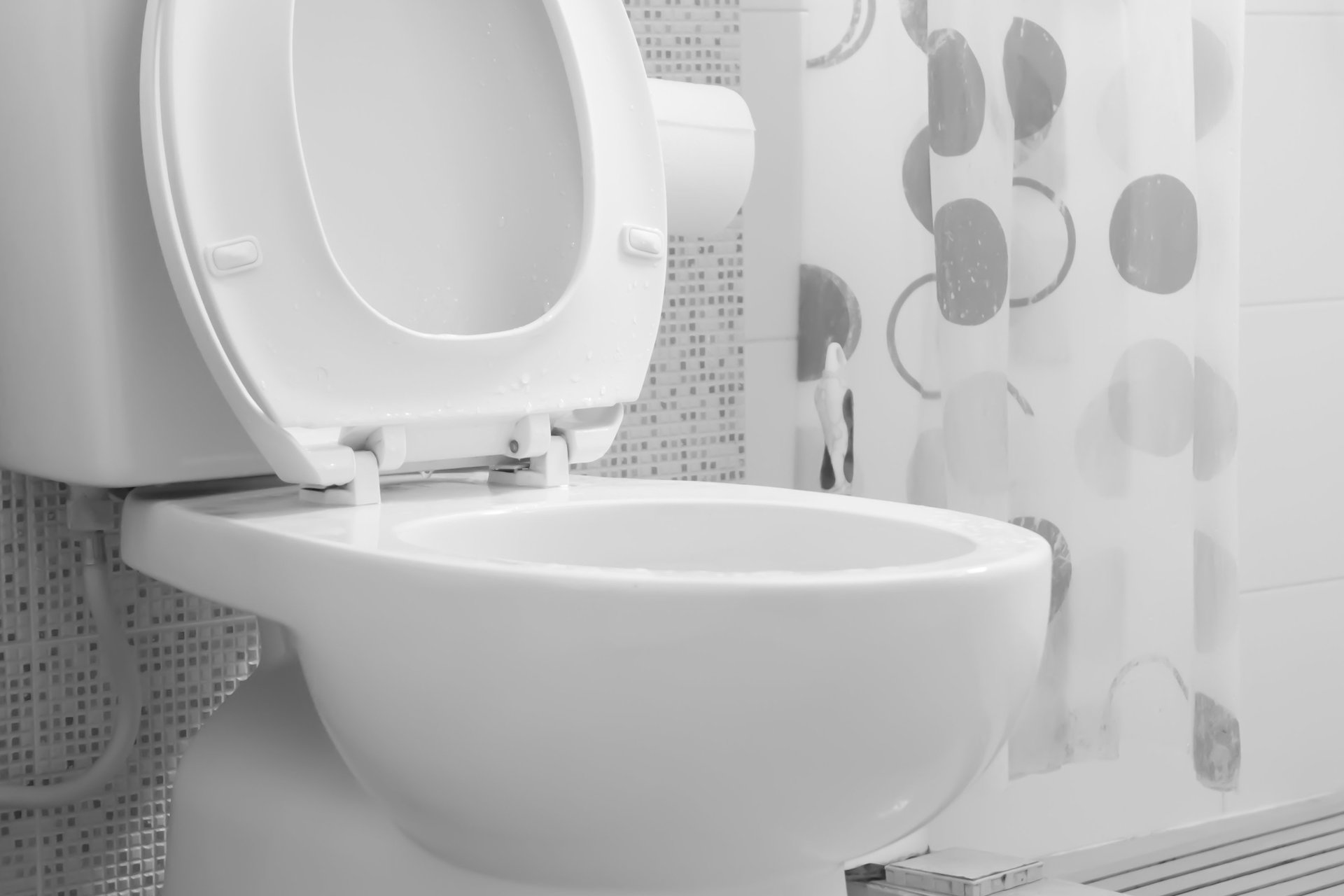What That Sewer Gas Smell Means—And How to Fix It Yourself
DIY PLUMBING FIXESRESIDENTIAL PLUMBINGFAQS
3/5/20254 min read


Why Does Your House Smell Like Sewer Gas?
A sudden sewer gas smell in your home is unpleasant, but it’s also a warning sign of a plumbing issue. Sewer gas is a mix of gases, including hydrogen sulfide, methane, and ammonia. Even in small amounts, these gases create a strong odor often compared to rotten eggs. If left unaddressed, sewer gas leaks can lead to health risks and property damage. The good news? Many causes of sewer gas odors can be identified and fixed without calling a plumber.
This guide will walk you through the most common reasons your house might smell like sewer gas and the DIY solutions to eliminate the problem.
Common Causes of Sewer Gas Smells in Your Home (And How to Fix Them)
1. Dry or Empty P-Traps
What It Is: The P-trap is the curved section of pipe under sinks, tubs, and floor drains. It holds water to block sewer gas from rising into your home. If a drain isn’t used often, the water in the trap can evaporate, allowing odors to escape.
How to Fix It:
Pour a few cups of water down the drain to refill the P-trap.
Add a tablespoon of cooking oil to slow down evaporation in drains that go unused for long periods (such as in guest bathrooms or basements).
If the smell persists, check for leaks in the trap that could be preventing it from holding water.
2. Clogged or Blocked Vent Pipes
What It Is: Plumbing vents allow sewer gases to escape outside. If a vent pipe is clogged (by debris, nests, or ice), it can cause P-traps to lose their water seal.
How to Fix It:
Check your roof vent for obstructions. Use binoculars to spot any visible blockages.
If you suspect a blockage, try flushing the vent with a garden hose.
If the problem persists, a professional may need to clear the vent using specialized tools.
3. Worn or Cracked Toilet Wax Ring
What It Is: The wax ring at the base of your toilet creates an airtight seal between the toilet and the sewer line. If it softens, hardens, cracks, melts, or shifts, sewer gas can seep out.
How to Fix It:
Inspect for water pooling around the toilet base, which may indicate a broken seal.
If you suspect a worn wax ring, you’ll need to replace it:
Turn off the water supply to the toilet.
Remove the toilet by unscrewing the bolts at the base.
Scrape off the old wax ring and replace it with a new one.
Reset the toilet and tighten the bolts securely.
If you’re unsure, a plumber can confirm and replace the ring if needed.
4. Damaged or Loose Cleanout Plug
What It Is: Cleanout plugs are access points in your plumbing system for removing clogs. If a plug is loose or missing, sewer gas can escape into your home.
How to Fix It:
Locate the cleanout plug (usually in the basement, crawlspace, or outside near the foundation).
Check if the plug is loose and tighten it with a wrench.
If the plug is missing, replace it with a new one from a hardware store.
5. Broken or Cracked Sewer Line
What It Is: A damaged sewer line can cause persistent sewer odors inside and outside your home. This is usually due to aging pipes, tree root intrusion, or ground shifting.
How to Fix It:
Check for signs of a sewer line issue, including slow drains, frequent backups, or wet spots in the yard.
Unfortunately, repairing a sewer line often requires professional help. If you suspect a break, contact a plumber to inspect your system with a sewer camera.
6. Biofilm Buildup in Drains
What It Is: Bacteria and organic matter can build up inside drain pipes, creating a musty or sewer-like smell.
How to Fix It:
Pour boiling water down the drain to loosen buildup.
Follow with a mixture of baking soda and vinegar (one cup of each). Let it sit for 15 minutes, then rinse with hot water.
Scrub the drain opening with a brush to remove gunk around the edges.
Avoid chemical drain cleaners, which can damage pipes over time.
7. Septic Tank Issues (If You Have One)
What It Is: If your home has a septic system, an overfilled or failing tank can push sewer gas back into your home.
How to Fix It:
If your tank hasn’t been pumped in a while, schedule a service.
Check for standing water or sewage near the drain field, which may indicate a clog or failure.
Ensure the septic tank vent isn’t blocked, which can trap gases inside.
When to Call a Professional
While many sewer gas issues have simple DIY solutions, some require professional help. Contact a plumber if any of these happen:
The smell persists despite trying multiple fixes.
You suspect a sewer line break.
There are frequent drain backups along with the odor.
You notice gurgling sounds or slow drainage in multiple fixtures.
Preventing Sewer Gas Odors in the Future
To keep your home free of sewer gas smells, follow these preventive tips:
Run water in seldom-used drains weekly to keep P-traps full.
Inspect and maintain your plumbing vents to prevent blockages.
Regularly clean and deodorize drains with baking soda and vinegar.
Check toilet seals and cleanout plugs for leaks.
If you have a septic system, follow proper maintenance schedules.
By identifying the source of the sewer gas smell and applying the right fix, you can restore fresh air to your home without unnecessary repairs. Keeping an eye on your plumbing system helps prevent bigger problems down the road.
If you're unsure about tackling a repair, don’t hesitate to seek professional advice. A properly maintained plumbing system means a safer, odor-free home.
Contact
Main Office
Social
3560 S 2200 W
West Valley City, UT 84119
P.O. Box 25123
Salt Lake City, UT 84125
Monday – Friday:
7:00 am – 3:30 pm
Billing & Mailing Address
Hours
© Budd M. Rich Plumbing Company, DBA BRPI Mechanical. All rights reserved.
